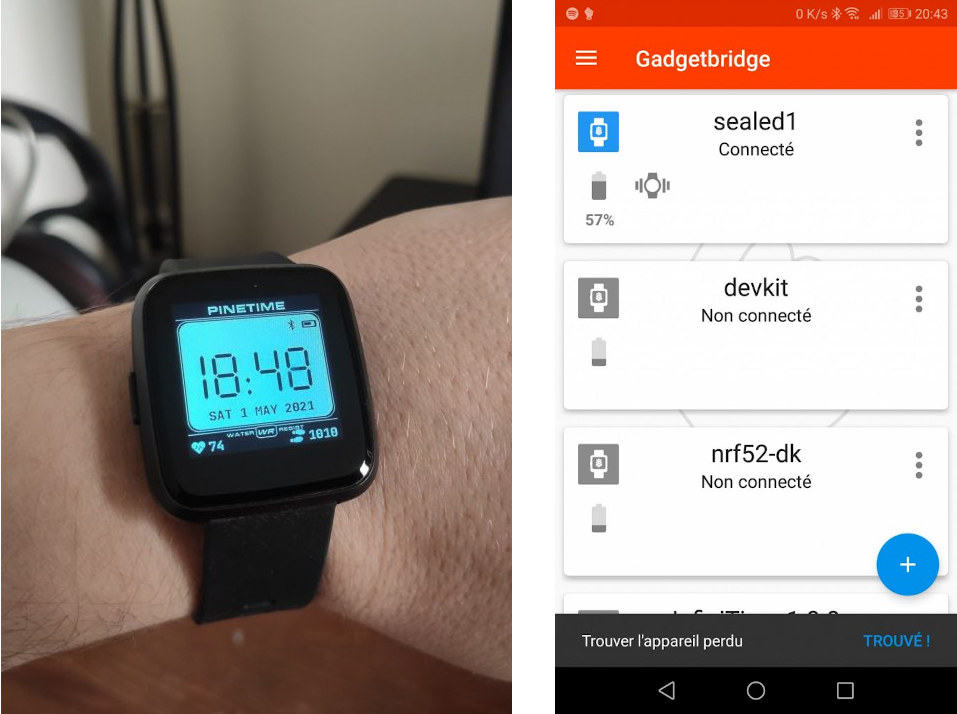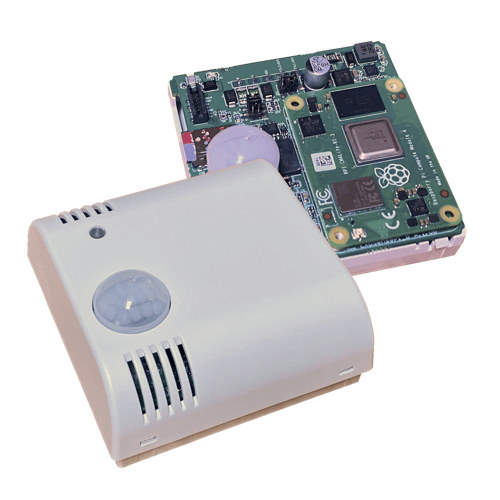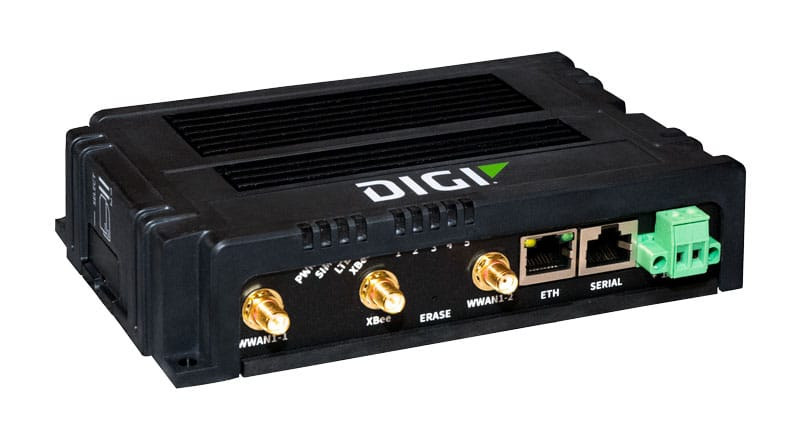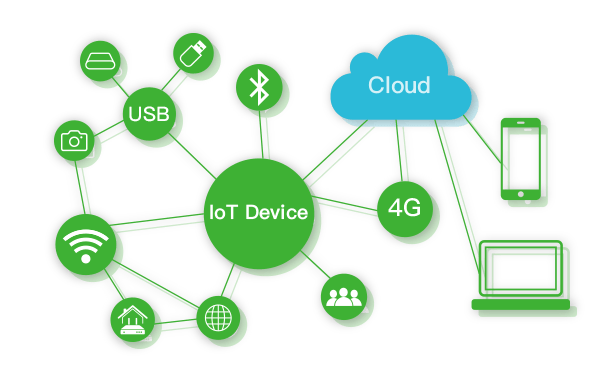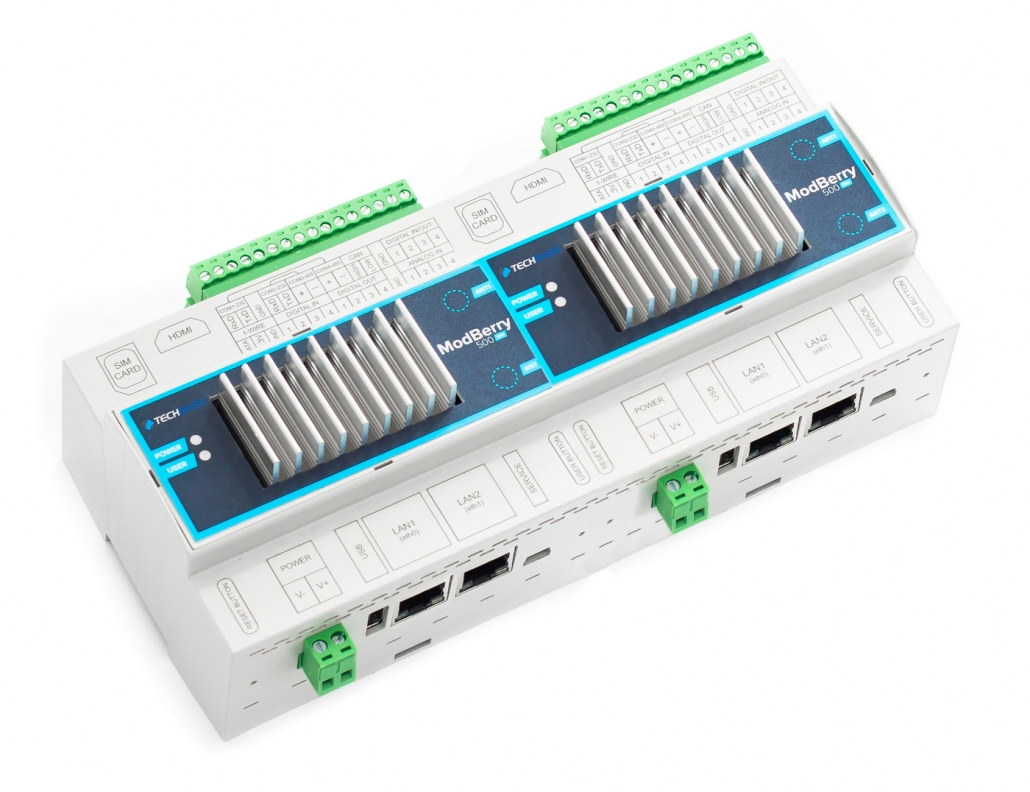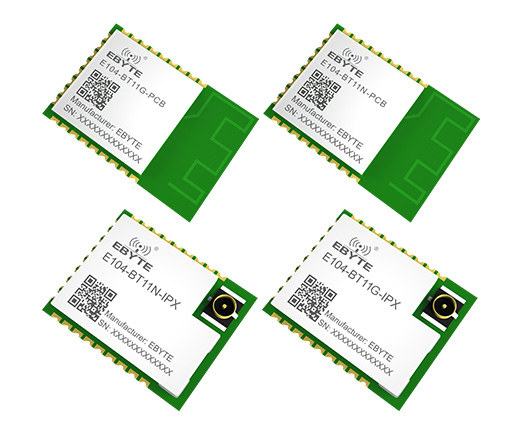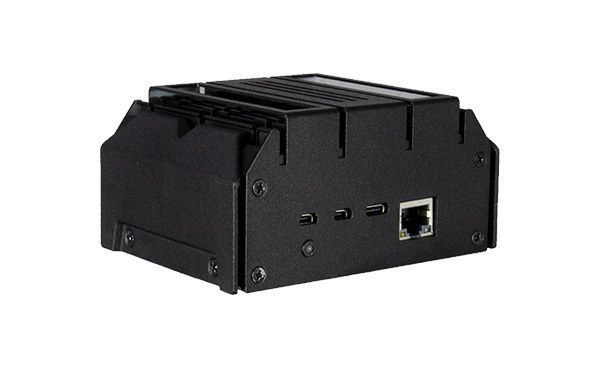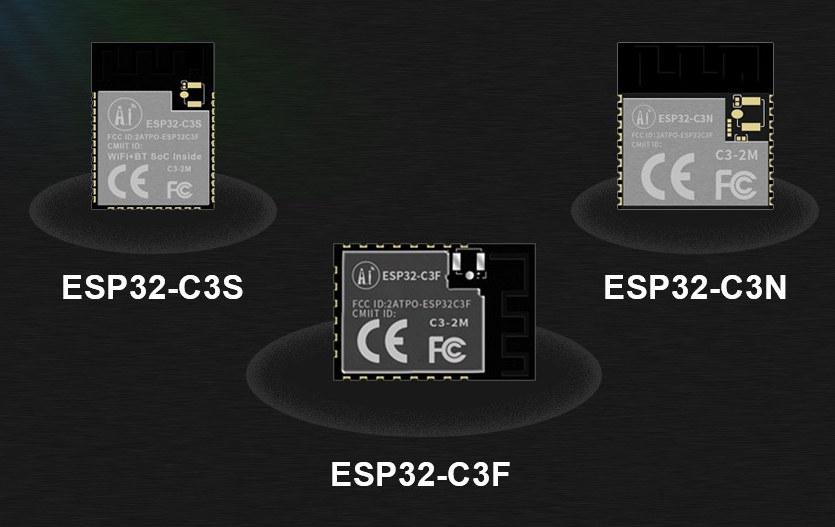I usually think of open-source hardware and/or software are enabling skilled people to more easily fix bugs, improve on the design, get feedback from the community, etc… But in a world where IoT devices become more prevalent, there’s another reason why you should request open-source software: Long term support. What made me think about are two things. The first one if that I own WeLoop Hey 3S smartwatch, which I love and wear since March 2018. That’s quite a feat since most cheap devices I own often only last a few months or a year or so. I’m also used to the watch face and Weloop app interface. So what’s the problem exactly? WeLoop company closed on December 31, 2019, and while the app worked fine for about a year after that, recently I have been unable to login to the app to access my data and/or update settings for […]
Raspberry Pi CM4 based Exo Sense Pi multi-sensor device gets optional earthquake sensor
Sfera Labs’ Exo Sense Pi is a device with multiple environmental sensors based on the 2GB version of the Raspberry Pi CM4 module designed for residential and commercial applications such as environmental monitoring and data gathering, BLE positioning, indoor people and assets tracking, rooms management and access control, voice control, and more. The Exo Sense Pi devices include optional WiFI 5 and Bluetooth 5.0 LE connectivity depending on the RPI CM4 module selected, and ships with temperature, humidity, air quality (VOC), light intensity, microphone, and PIR motion sensors by default, but there’s also an optional earthquake sensor. Exo Sense Pi specifications: SoM – Raspberry Pi CM4 (16GB eMMC flash) or CM4 Lite module with 2GB RAM by default. But obviously compatible with other models. Storage – MicroSD card socket for CM4 Lite module Wireless connectivity – 2.4 GHz, 5.0 GHz IEEE 802.11 b/g/n/ac wireless; Bluetooth 5.0, BLE depending on installed […]
Digi IX15 IoT Gateway & Cellular Router features a Zigbee & BLE XBee module
Digi International has just announced the Digi IX15 IoT gateway and cellular router with Ethernet and 4G LTE connectivity as well as support for Zigbee, Bluetooth 5.0, 2.4 GHz proprietary via an XBee module. The IoT gateway complies with Class 1 Division 2 (C1D2) certification for environments with flammable vapors or gases, as found in industries such as oil and gas, water/wastewater, energy, and agriculture. It is also programmable through a Python API to enable customers’ specific requirements. Digi IX15 IoT Gateway & Cellular Router specifications: Connectivity 10/100M Ethernet RJ45 port 4G LTE Cat 4 cellular connectivity Supported bands 4G – B1, B2, B3, B4, B5, B7, B8, B12, B13, B18, B19, B20, B25, B26, B28, B38, B39, B40, B41 3G: B1, B2, B4, B5, B6, B8, B19 2G EDGE / GPRS: 850 / 900 / 1800 / 1900 MHz Antenna connector – 50 Ω SMA (center pin: female) 2x […]
HybridOS is an open-source operating system designed for smart IoT devices and cloud computing environment
As I wrote about the “Summer 2021 of Open Source Promotion Plan” earlier, I noticed a new open-source operating system called HybridOS described as “totally new” and designed for “smart IoT devices and cloud computing environment”. It’s actually more of an ecosystem than an operating system, as it offers three main components with a device side running on devices running Linux kernel or another POSIX-compatible kernel, a server side running on servers in the cloud, and a client side to manage the cloud and devices from Windows, Linux distributions, iOS, or Android. HybridOS Device Side relies on several open-source projects including: hiWebKit, the HybridOS derivative of WebKit: hiACEJS, the HybridOS derivative of OpenHarmony ACELite hiViewRenders, the renderers for hiview tag of hiWebKit hiShell, the app running environment (the shell) Various Graphics stacks including hiMesa, the HybridOS derivative of Mesa hiCairo, the HybridOS derivative of Cairo: hiDRMDrivers, DRM Drivers for HybridOS […]
ClusBerry-2M Industrial IoT controller takes two Raspberry Pi Compute Modules 4
Earlier this year, Techbase introduced the ClusBerry 9500-CM4 cluster system for industrial IoT that can take up to eight Raspberry Pi Compute Modules 4 housed in a DIN rail enclosure. But for smaller projects and IoT prototyping, the company has now designed ClusBerry-2M, a smaller cluster device including two independent ModBerry I/O mainboards and two Compute Module 4’s that’s equivalent to two ModBerry 500-CM4, but with support for software cluster management tools such as Docker and K3s Lightweight Kubernetes. The company did not share the full ClusBerry-2M specifications, but we can derive most of the features from the photos, previous products features, and the announcement: SoM – 2x Raspberry Pi Compute Module 4 with Broadcom BCM2711 quad-core Cortex-A72 processor @ 1.5 GHz, 1 to 8GB RAM, up to 32GB eMMC flash. Storage – 2x M.2 slots for NVMe SSDs Video Output – 2x HDMI 2.0 ports Connectivity 4x Gigabit Ethernet […]
Ebyte E104-BT11 Bluetooth Mesh module features Silicon Labs EFR32MG21 MCU
Ebyte E104-BT11 is a Bluetooth Mesh module offered in four variants with support for gateways (G) and node (N) versions, as well as PCB or IPEX antenna versions. Interestingly it is based on Silicon Labs EFR32MG21 Cortex-M33 microcontroller also found in ITEAD Zigbee 3.0 USB dongle, so it’s not impossible that it could be repurposed for Zigbee or Thread with firmware from Silabs. Ebyte E104-BT11 module specifications: Wireless MCU – Silicon Labs EFR32MG21 Arm Cortex-M33 microcontroller @ up to 80 MHz with DSP and FPU, up to 1024 kB flash, up to 96 kB RAM, 2.4 GHz IEEE 802.15.4 for Bluetooth LE, Zigbee, or Thread Wireless connectivity Bluetooth Mesh/BLE support with default firmware, up to 10,922 devices supported Max Tx power – 20 dBm Rx sensitivity- -88 to -97 dBm (-97 dBm typ.) Max data rate – 1Mbps Antenna – PCB antenna up to 200-meter range, or IPX antenna up […]
DFI EC90A-GH compact AMD Ryzen Embedded R1000 mini PC is Ubuntu-certified
Last year, Taiwan-based DFI introduced DFI GHF51 SBC based on AMD Ryzen Embedded R1000 dual-core SoC and roughly the size of a Raspberry Pi. We had the chance to test the Ryzen R1606G model with both Windows 10 Enterprise LTSC and Ubuntu 20.04. The board worked mostly to expectations except for compatibilities issues with one of my USB hard drives, some video playback issues, as well as a 3D graphics glitches in one benchmark in Ubuntu. The single board computer was designed to be integrated into the customer’s own chassis, but DFI has now launched EC90A-GH mini PC based on GHF51 SBC. The fanless system is offered with a choice of AMD Ryzen Embedded R1000-series processor with up to 8GB RAM, dual Micro HDMI output, and has recently been Ubuntu-certified by Canonical. DFI EC90A-GH preliminary specifications: SoC – AMD Ryzen Embedded R1000 Series with Radeon Vega 3 GPU; 6W to 12W […]
AI-Thinker introduces 5 ESP32-C3 modules pin compatible with ESP8266 & ESP32 modules
ESP32-C3 is the first RISC-V wireless SoC from Espressif Systems, and at the time of the initial announcement promised to cost about the same as ESP8266 but adds support for Bluetooth 5.0 LE besides 2.4 GHz WiFi, and retain software compatibility through the ESP-IDF framework. We were also told the goal was to provide ESP8266 compatible modules, and AI-Thinker has just announced five new ESP32-C3 modules compatible with earlier ESP8266 & ESP32 modules as shown in the table below. The table above is quite low resolution but that’s the best I could obtain from the company… It’s also a complete mess, not showing all alternative ESP8266 or mistaken in board sizes. So I’ll try to give a short summary of differentiating features and equivalent ESP8266/ESP32 modules: ESP32-C3F is meant to replace ESP-12F with a 24 x 16 mm form factor. It does add an IPEX connector, besides the PCB antenna. […]


